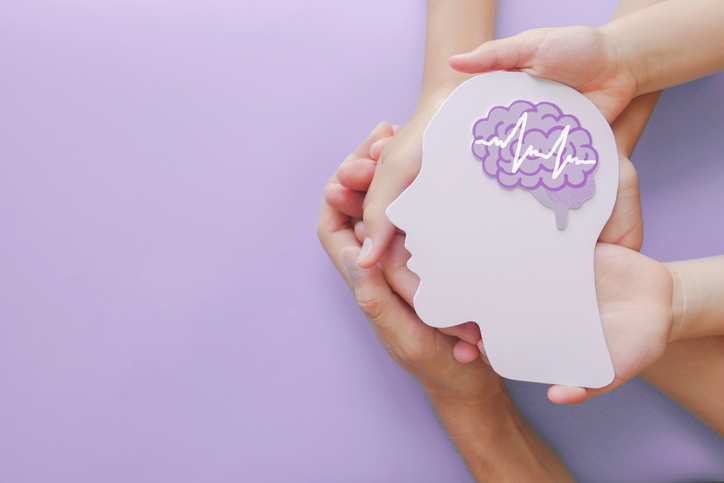
ADHD Treatment and the Transition from Pediatric to Adult Care
ADHD Treatment anad the Transition from Pediatric to Adult Care
Diagnosis and treatment of attention-deficit/hyperactivity disorder (ADHD) has undergone tremendous change in the past few decades. At the American Professional Society of ADHD and Related Disorders (APSARD) 2020 meeting, we had the honor of speaking with three renowned ADHD experts based in Israel: Professor Iris Manor, Director of the ADHD Unit at Geha Mental Health Center and the Head of the Israeli ADHD Society; Dr. Gabriel Vainstein, Neurologist and researcher at the Kahn-Sagol-Maccabi Research and Innovation Institute and the secretary of the
Israeli ADHD society; Dr. Einat Yaari, Head of ADHD Services at Maccabi Healthcare Services.
“The situation is much better now than 10–15 years ago.”
On the topic of the past, present, and future of ADHD care in Israel, the three experts had a lot to share. “The situation is much better now than 10–15 years ago,” Prof. Manor said, when “very few neurologists and psychiatrists in Israel were able to diagnose ADHD.” Prof. Manor stressed that “there are more options now, much more diversity” in treatment options, allowing clinicians to choose from a wider range of medication, adjusting treatment as needed.
Dr. Vainstein agreed, highlighting the importance of ADHD awareness. “Awareness is increased, that’s the most important thing,” especially regarding his specialty of adult ADHD. Until recently, ADHD was almost solely a pediatric diagnosis, and patients were regularly ‘let go’ once they reached 18 years of age. Dr. Vainstein explained the next steps forward in facilitating the transition to adult care. “There is not enough expertise yet in Israel, we must have guidelines, which we do not have yet, for diagnosis and treatment. This is our next mission.”
“Now we deal with the transition,” Dr. Yaari responded. “ADHD continues with you as an adult.” As a pediatrician, Dr. Yaari has seen many young adult patients with ADHD, simply because “there was no one else.”
“We have a great system in Israel.”
On the transition from child to adult treatment, we asked the experts whether the ADHD community is prepared. Dr. Vainstein explains: “We have a great system in Israel. Multiple disciplines are combined in the Israeli Society for ADHD. But not all doctors who treat patients with ADHD belong to this society. We try, but there is a long way to go.”
Prof. Manor highlighted a sign of great progress—she will be the inaugural lecturer for a new course for neurologist, the first that focuses on ADHD. “And the lecturer is me, a psychiatrist.” She is passionate about psychiatry and neurology “merging” for the sake of more holistic ADHD care.
“We need to increase expertise for more manpower.”
Dr. Yaari concluded the interview by stating, “it is still a problem that many doctors are not ADHD‑minded enough.” There is an urgency for physicians to be more widely educated and provide accurate diagnoses. Prof. Manor asserted, “one of the biggest problems is that the percentage of ADHD patients is higher now than years ago, but the number of experts has risen at a lower rate compared to patients. We need to increase expertise for more manpower.”
כתבות נוספות שאולי יעניינו אותך
את.ה עומד.ת לעזוב את העמוד
האם את.ה בטוח.ה?



